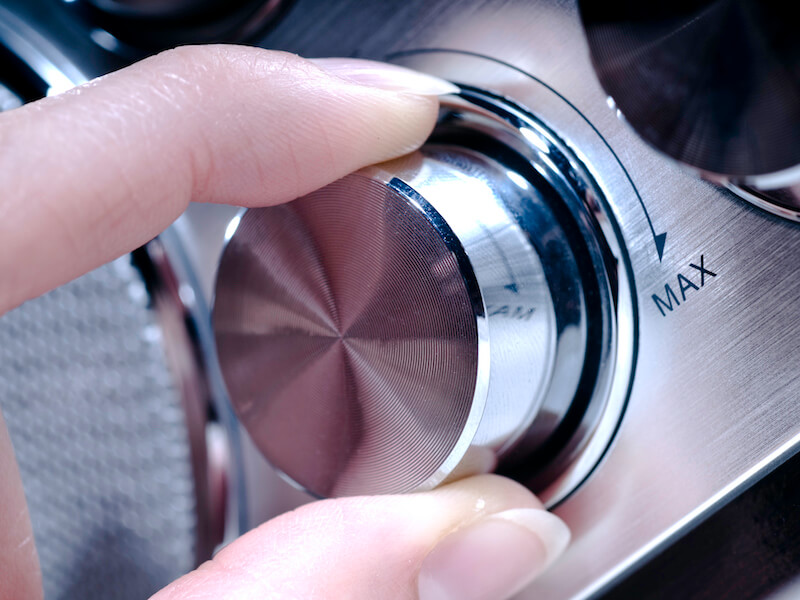
Sometimes, it’s easy to know when you require medical advice. When you break your leg, for instance, you know you should go to the doctor (or the emergency room, depending on the situation). You could need a splint or a cast or supportive device, but the point is that you’re not likely to try “toughing it out”. At least, not for that long (particularly if you want your bones to mend themselves correctly).
It’s not always that clear cut with regard to hearing aids, however. Hearing loss usually progresses really gradually over time. That means it isn’t always easy to know when you may need to begin wearing hearing aids or to put off finding treatment you know could be beneficial.
So watching out for signs that your hearing is going is a good plan. It’s likely time to call us for a consultation if you do notice any.
Hearing aids and hearing loss
Hearing aids are the primary form of treatment for hearing loss. But that doesn’t mean everybody who has hearing loss will instantly need a set of hearing aids. Hearing aids won’t always be helpful in cases of minor hearing loss. Because of this, we may want you to wait before beginning to use them. It’s also feasible that we could advise you to only use your hearing aids when you’re in certain situations.
In other words, the threshold for requiring hearing aids is not always a diagnosis of hearing loss.
But in many instances hearing aids will be the best solution. Because hearing loss can be a sneaky and gradual condition, lots of people don’t receive a diagnosis until there’s been considerable damage. Getting your hearing tested regularly is the key to catching hearing loss early and possibly mitigating the need for hearing aids.
So how will you know if you have hearing loss?
You need hearing aids if you detect these signs
Instant communication challenges can be the consequence of hearing loss. The curious thing, though, is that you don’t always realize that those communication difficulties are due to hearing loss. So, when is it time for a hearing aid?
Here are some of the common signs you should watch out for:
- When people speak, you can’t always understand what they said: Many individuals don’t think they have hearing loss or need hearing aids because the overall volume they hear seems fine. But hearing loss is funny, it tends to impact certain frequencies before others. Which means that the vast majority of sounds might seem ordinary but things in the high frequencies (like particular vowels) will be distorted. Consequently, you may have a hard time understanding what people are saying to you.
- You’re unable to understand people on the phone: Voices typically sound a bit flat on even high-quality phone speakers. That can make it tough to understand, particularly if you have hearing loss. It can be very difficult to hear voices as an outcome of the loss of these frequencies.
- When you’re in noisy locations, you have a tough time following conversations: This is probably one of the most prevailing symptoms of hearing loss. If you have a hard time hearing conversations in noisy places, that’s often a sure sign that you have hearing loss. This occurs because your ears are not getting as much information as they used to, and your brain isn’t really able to fill in the gaps as easily. Lots of conversations get muffled because of this.
- The volume on your devices is becoming really loud: If you’re always turning up the volume on your television or radio or smartphone, it may be the result of hearing loss. This is especially true if you keep moving that volume knob higher (and even more especially true if the people around you complain about how loud your media is).
So what should you do?
When you break a bone, it’s obvious what to do: you go see the doctor! But what about when you notice these indications that you may need a hearing aid? How severe does hearing loss need to be to call for a hearing aid? Well, that’s hard to answer, but when you start experiencing these signs, it’s a good plan to schedule an appointment with us. We’ll be able to assess the health of your hearing and determine just how severe your hearing loss may or may not be.
And if you do end up needing hearing aids, a hearing exam will help identify the best device for your hearing needs. Then you will be able to get back to taking pleasure in good conversations with your friends and loved ones and doing the things you love.
Call us for a hearing test so we can help you improve your quality of life.